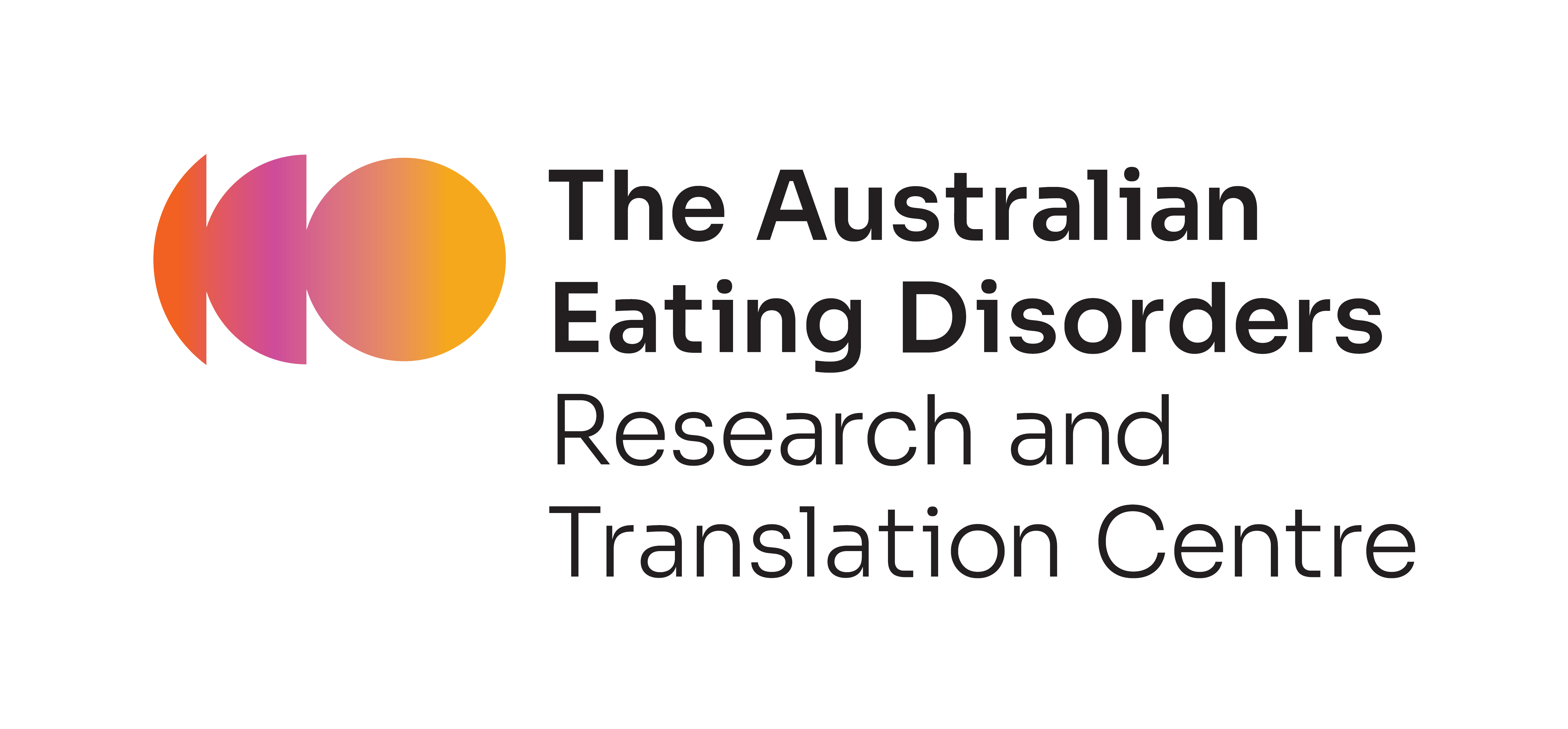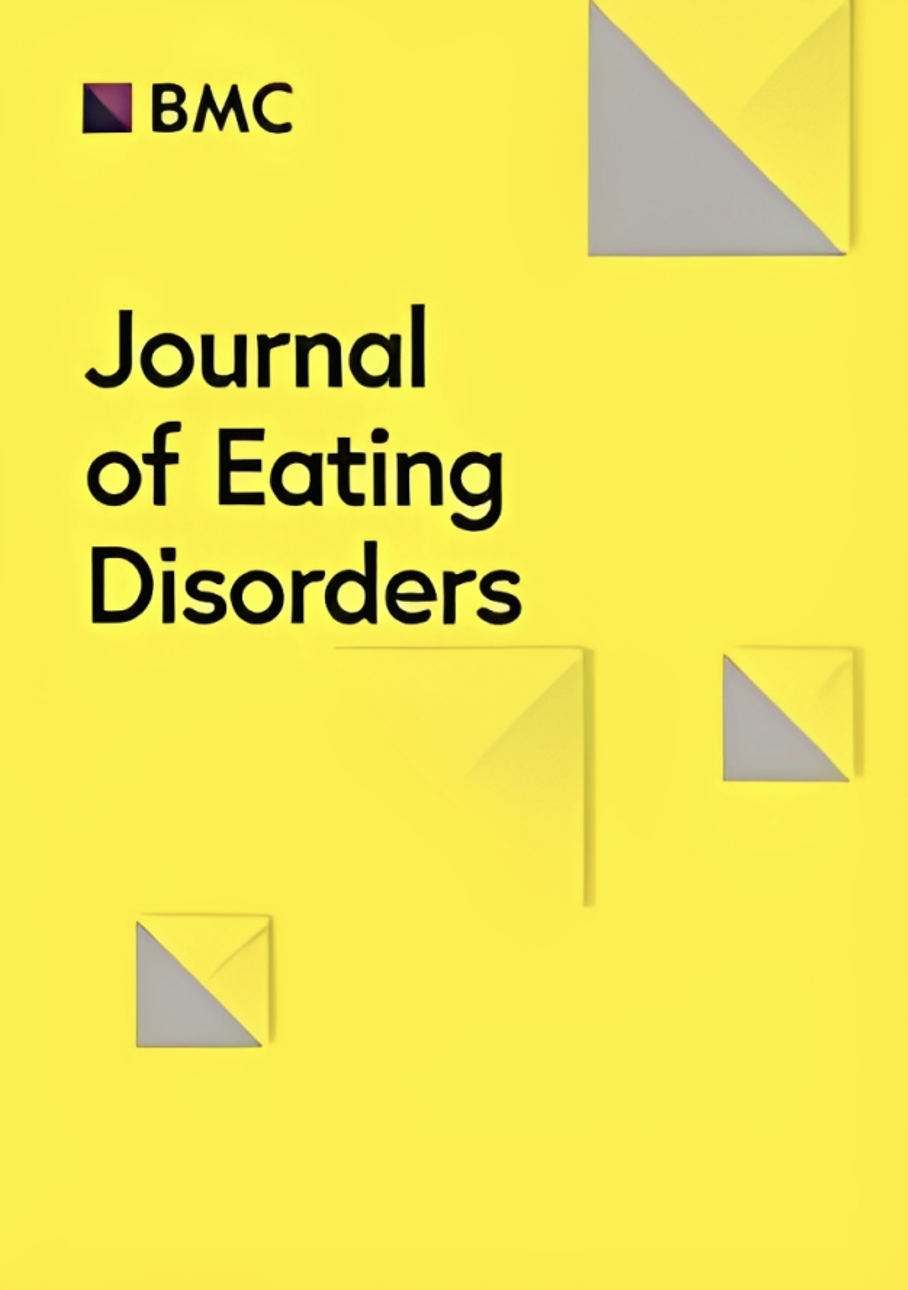Background
Delayed diagnosis, gaps in services and subsequent delays in specialist care and treatment lead to poorer health outcomes for individuals with eating disorders (EDs) and drive significant government healthcare expenditure. Given the significant disease burden associated with EDs, it is imperative that current implementation research is summarised to identify gaps in care and enable improvement for optimal patient outcomes. This review aimed to provide an updated synthesis on models of care for EDs in developed healthcare systems.
Methods
ScienceDirect, PubMed and Ovid/Medline were searched for studies published between 2009 and mid 2021 in English. High-level evidence such as meta-analyses, large population studies and Randomised Control Trials were prioritised through purposive sampling. Data from selected studies relating to models of care for eating disorders were synthesised in narrative format and are disseminated in the current review. For more information on the Rapid Review methods, see https://jeatdisord.biomedcentral.com/articles/10.1186/s40337-022-00556-3
Results
Sixty-three studies were identified, which included several diagnostic populations, the most common being Anorexia Nervosa (AN) (30.51%). Across EDs, specialist care was found to improve patient outcomes, with many patients effectively being treated in outpatient or day programs with multi-disciplinary teams, without the need for lengthy inpatient hospitalisation. Few studies investigated the interaction of different ED services (e.g., inpatient, community services, primary care), however stepped-care models emerged as a promising approach to integrate ED services in a targeted and cost-effective way. Issues surrounding low treatment uptake, underdiagnosis, long waiting lists and limited hospital beds were also evident across services.
Conclusion
Findings suggested further research into alternatives to traditional inpatient care is needed, with partial and shorter hospitalisations emerging as promising avenues. Additionally, to tackle ongoing resource issues and ensure timely detection and treatment of EDs, further research into novel alternatives, such as active waiting lists or a greater role for primary care clinicians is needed.

